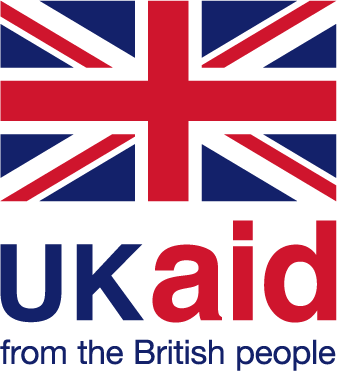-
Who We Are
WHO WE AREThe International Organization for Migration (IOM) is part of the United Nations System as the leading inter-governmental organization promoting since 1951 humane and orderly migration for the benefit of all, with 175 member states and a presence in over 100 countries. IOM has had a presence in Czechia since 1998.
About
About
IOM Global
IOM Global
-
Our Work
Our WorkAs the leading inter-governmental organization promoting humane and orderly migration, IOM plays a key role to support the achievement of the 2030 Agenda through different areas of intervention that connect both humanitarian assistance and sustainable development. Across Czechia, IOM provides a comprehensive response to the humanitarian needs of migrants, internally displaced persons, returnees and host communities.
Cross-cutting (Global)
Cross-cutting (Global)
- Data and Resources
- Take Action
- 2030 Agenda
A year of solidarity: IOM Supports Cooperation of Czech and Ukrainian Communities in Dobříš
Dobříš – One year into the full-scale invasion of Ukraine by the Russian Federation, Dobříš, a town with 8,700 population, hosts hundreds of people fleeing from war.
“I am fine, better than most of Ukrainians are. So, I can help,” says 57-year-old Natali. We meet at a community centre of the local action group Brdy – Vltava. Natali’s phone is constantly ringing, she meets people coming to get food and humanitarian aid, and there is a heap of documents explaining the changes to the on-coming edition of Lex Ukraine law package on her table.
The woman smiles: “Psychologists say that keeping your hands, head and heart busy is the best way to cope with trauma.” Just before the hostilities started, she lost her husband due to a heavy form of COVID. Together with her daughter, she left Kharkiv in March 2022. It took them about a week to get to Prague, and after two days spent on the floor in the Congress Centre, they were hosted by the family from Dobříš.
A horrible year. Natali shows the pictures of her students mobilized to the army and her university destroyed after the Russian missile attack. She used to teach sociology in Kharkiv, but her Czech level doesn’t allow her to lecture in the Czech Republic. There are few employment opportunities in Dobříš. Natali tried everything she could find, including producing heavy wooden containers. Things changed in September, when director of LAG Brdy – Vltava Markéta Dvořáková offered Natali to become a part of the IOM-supported project. Within the project, over 200 vulnerable refugees received food, winterization aid and household equipment and more than 100 benefit from social cohesion activities.
Natali knows everyone from 65 families involved — mostly women with children and several elderly people. Many of them are unemployed and rely on humanitarian aid. Many express their willingness to come back to Ukraine as soon as the war is over, but no one knows how long it will be. As a sociologist, Natali analyses housing and employment problems, lack of places in kindergartens, emotional distress due to families’ separation and short planning horizon. As a person, eager to listen and help, she organizes creative painting and dancing sessions, women’s clubs, psychology lessons for teenagers and festivals.
Markéta marks activities that help new members of Dobříš community better integrate, such as language courses and encouraging Ukrainian children to attend leisure clubs together with their Czech peers.
Local community is eager to help. It was local people who on 25 February asked activists from Brdy – Vltava to coordinate gathering humanitarian aid and sending it to Slovakian border. Since March, many Dobříš families have been hosting Ukrainians in their homes. Local people continue to volunteer and offer their support to the refugees.
When we asked Markéta how she would describe last year in one word, she said “fast”. So many urgent problems were solved, so much aid distributed, and gratitude received. There is more work ahead, especially in providing long-term accommodation, employment and integration opportunities for the refugees. “We are modifying our help in order to give the Ukrainian community some space, opportunity to decide what they need, and we are here to support,” says Markéta.
Hundreds of Ukrainian refugees and Dobříš community members will remember this year as a year of support and solidarity.
The project was generously supported by FCDO of the Government of the United Kingdom.

***
For more information please contact: prague@iom.int


